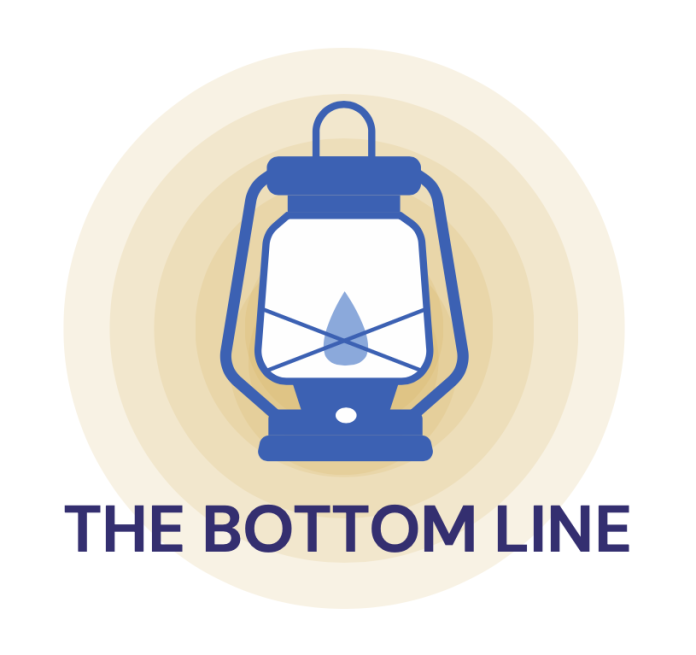Julianna Bebarta
Staff Writer
Social media has become so popular in society that we can see its impact on relationships, specifically in college towns. Whether this is in a negative or positive way, there is no doubt that social media changes the way people communicate, form relationships, and connect with others.
Social media has had a powerful effect on how we now form relationships with others. Often, we end up looking at our phones and scrolling through social media in order to avoid awkward situations. Too many times I walk around crowded Isla Vista (I.V.), seeing people at dinner with friends or on a date, but they are spending their time together looking at their phones. Social media has become widely popular, especially with college students, so much so that it is becoming a primary source of communication and lends itself to different connections compared to now old-fashioned face-to-face conversations.
One form of social media in particular that has become increasingly popular on college campuses is the use of dating apps. When students in I.V. are asked why they use dating apps, most people said it was for casual hookups, convenience, and entertainment. Dating apps are an easy way to connect with a potential partner and increase compatibility, but can also cause reduced effort as students don’t seem to actually use these apps to date or build relationships. Rather, they seem to encourage “hookup culture,” as people may feel they have other options which are more readily available, along with creating a focus on physical appearance over personality — at least outside the one advertised online.
According to Global Dating Insights’ report of a study, “Swipe Right For Love,” Tinder was the most used dating app with 84.4 percent of students asked saying that they were using the platform. This goes to show the wide variety of college students who use social media dating apps in order to form virtual connections and to find those online looking for the same ease and availability for hookups.
With social media being used to form romantic connections (almost like a LinkedIn-style matchmaker of casual relationships), it is also used in order to form friendships well. One popular social media platform used to find people with similar interests is Facebook. Facebook has different groups, which are easy to join, that help UC Santa Barbara (UCSB) students form relationships and connections with those who are in the same class, housing, dorm, area, and more. With this, it becomes easy to follow groups or pages which fit an individual’s interests, and by engaging with these groups, it is easy to find people who have the same passions.
Aside from purely social or romantic connections, social media has become widely popular for forming relationships in classroom environments. Teachers often have students participating in online communities that include forums, message boards, Slack, GroupMe, Zoom, Nectar, and GauchoSpace. These platforms serve as examples of the ability of social media-esque communication to provide a technological link between people to spark connections, when previously networking in this way may have been more limited.
Although social media has made making relationships easier and more efficient, the debate as to whether it is ruining relationships by creating false connections is still a widely debated topic. Social media has created easy shortcuts to get to know others and join different communities, but it is still important to recognize how social media can consume relationships. The significance of facial expressions, tone of voice, and eye contact when talking to someone is often absent on online platforms but essential in making connections. While it may not come with the ease of social media that we have become accustomed to — especially in a college setting — valuing and forming in-person connections will lead to better networking opportunities and both academic and personal success.











